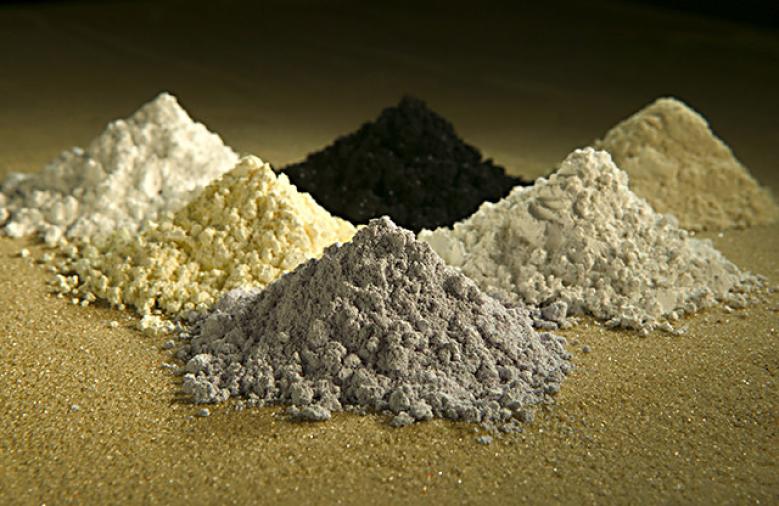The US and Canada announced Thursday (16 January) they have finalized the Canada-US Joint Action Plan on Critical Minerals Collaboration, which aims to advance their mutual interest in securing supply chains for the critical minerals needed for manufacturing sectors, communication technology, aerospace and defense, and clean technology. The US has earlier this year identified 35 minerals and metals of being of critical importance, whereby Canada was recognized as a major import source for 13 of them. In June 2019, US President Donald Trump and Canadian Prime Minister Justin Trudeau tasked officials to draft a plan for US-Canada collaboration on critical minerals.
The Action Plan will guide cooperation in areas such as industry engagement; efforts to secure critical minerals supply chains for strategic industries and defense; improving information sharing on mineral resources and potential; and cooperation in multilateral fora and with other countries. Moreover, the Action Plan also aims to promote joint initiatives, including research and development cooperation, supply chain modeling and increased support for industry. Trump’s administration has been increasingly concerned about the US dependence on imports of rare earth minerals from China after Beijing suggested using them as leverage in their trade war.
In a separate but related development, the ‘phase one’ of the trade deal signed by US President Donald Trump and Chinese Vice Premier Liu He in Washington on Wednesday (15 January) lists the items China agreed to buy more from the US includes rare earths that are already in short supply in the North American nation. Scandium, used in missile guidance systems and other defense applications, and yttrium that goes into targeting systems are among the critical minerals that the US Commerce vowed to secure at the height of the trade war between Beijing and Washington. But these two are still included in the long list of manufactured goods itemized in the 86-page agreement signed Wednesday.
The US net import reliance accounts for 100% of its apparent demand of scandium while imports of yttrium are equal to more than 95% of domestic consumption, the US Geological Survey said. Increasing US rare earth exports could contradict a Commerce Department recommendation last year to secure supply of these raw materials, including improving the government’s understanding of domestic sources and expediting approvals of mining permits. “As with our energy security, the Trump administration is dedicated to ensuring that we are never held hostage to foreign powers for the natural resources critical to our national security and economic growth,” Interior Secretary David Bernhardt said in June 2019.




